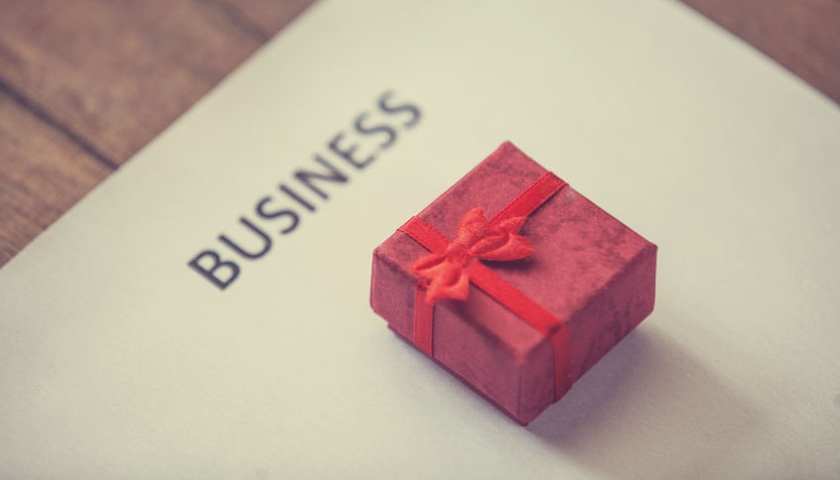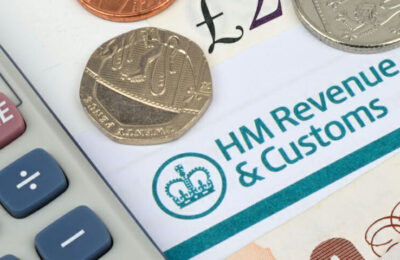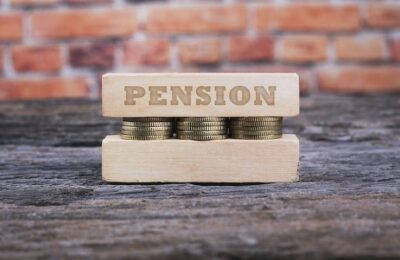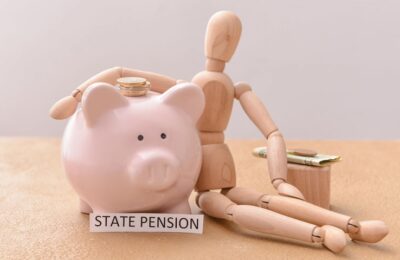Giving gifts to your staff, clients or customers can be highly beneficial for your business. They can foster loyalty, boost awareness of your brand, help your company stand out – and do wonders for your reputation. They also help you express your appreciation. After all, who doesn’t get a pleasant surprise when they receive a hamper, bottle of good wine or some other token of thanks? Yet, while giving away items is very popular, it’s important to understand the rules relating to VAT on business gifts. If you don’t, you could end up with an unwelcome present from the taxman – an unexpected bill!
What are business gifts?
As always when it comes to tax matters, HMRC has a precise definition of business gifts. In its guidance on business promotions, it states:
“A business gift is a gift of goods that is made in the course of promoting your business and for which you were entitled to reclaim the VAT you were charged on its purchase as input tax. By ‘gift’ we mean a definite, voluntary and unconditional transfer of goods for no consideration.”
HMRC gives examples of gifts as being things like brochures and posters, through to expensive ‘executive presents’.
Business gifts can also include services. We’ll come back to this shortly.
How VAT on business gifts works
Let’s look at VAT on business gifts by imagining the following scenario.
You have a client whose custom you value. At Christmas, you decide to send her half a case of wine. You buy the wine for £100 + VAT. The standard rate VAT is 20%, meaning the overall cost is £120.
When you buy the wine, you are entitled to claim back the VAT you were charged. This is the input tax.
However, when you give the wine to your client, HMRC views this as a supply of goods for VAT purposes. This means that you now owe HMRC the £20 in VAT that you claimed back.
Some businesses have ended up in an expensive mess because they have claimed back VAT, but then failed to pay HMRC the corresponding output tax. If HMRC undertakes a tax investigation and discovers this has happened, it can result in a bill and possibly penalties.
How to avoid problems
If you give people business gifts, the simplest way to avoid problems is to avoid claiming back the input tax when you buy the goods in the first place. In this way, you don’t need to pay output tax and there is therefore no VAT repayable.
Beware the £50 rule!
If you give business gifts, it’s worth making sure you know about the £50 rule.
Essentially, you are allowed to give any individual gifts worth up to £50 (excluding VAT) in any 12-month period without having to account for VAT.
Let’s rejig our scenario to illustrate this.
Your client has a birthday on 1st May. You give her a bottle of wine that costs £30 + VAT (£36 inc. VAT). You can claim back the £6 input tax. When you give your client the wine, no output tax is payable because its value is under £50.
So far, so good.
However, you then decide to give your client another bottle of the same wine for Christmas. It still costs £30 + VAT. This takes the annual value of gifts to the same person to £60 + VAT. If you claim back the £6 input tax on this second gift, you become liable for the output tax on this gift and the previous one. So you owe HMRC 2 x £6, or £12.
The way to solve this problem is to not claim back the input tax on the second bottle. As no input tax was claimed on it, no output tax is due when you give the bottle away.
Services as gifts
If you give away services free of charge, there is usually no supply for VAT purposes. This means no VAT is due. However, if you buy in the services, you need to decide whether to claim back any input tax. If you do, output tax becomes chargeable when you provide the gifted services. In most cases, it’s simpler not to claim back the initial input tax.
How to deal gifts and VAT
If you give business gifts, the best policy is to have a policy of not claiming back VAT on gifts worth over £50 when you buy them. In this way, output VAT is not chargeable. However, it can save you some money if you do claim back VAT on gifts worth under £50. If you do this, make sure your processes will alert you if a single person is set to receive gifts worth over £50 in a 12-month period. If they are, you may find yourself having to repay any input tax you have claimed.
For more details about VAT on business gifts, consult HMRC’s official guidance. THP clients are also welcome to speak to their account manager for advice.
About Karen Jones
Having worked for one of the world’s largest accountancy firms, Karen Jones uses her tax knowledge and skills to help clients obtain substantial reductions to their tax liabilities.
With an expanding portfolio of tax clients, Karen enjoys the variety her work brings her and particularly likes working with new businesses and people. With a growing number of tax clients, she frequently faces a variety of challenges and relishes the experience she gains as she solves them.
Karen likes the THP ethos: “I like the way the team has a professional, but friendly and down-to-earth approach – it creates a productive atmosphere that benefits everyone.”
Karen’s specialist skills:
- Personal Taxation
- Tax Efficient Planning
- Trust Administration












